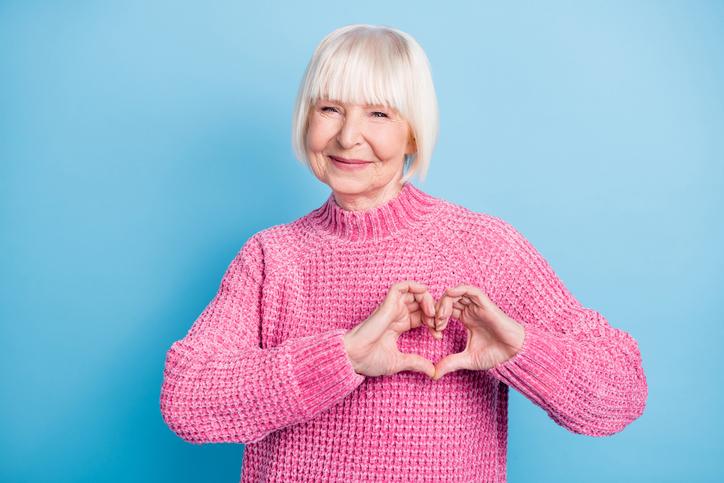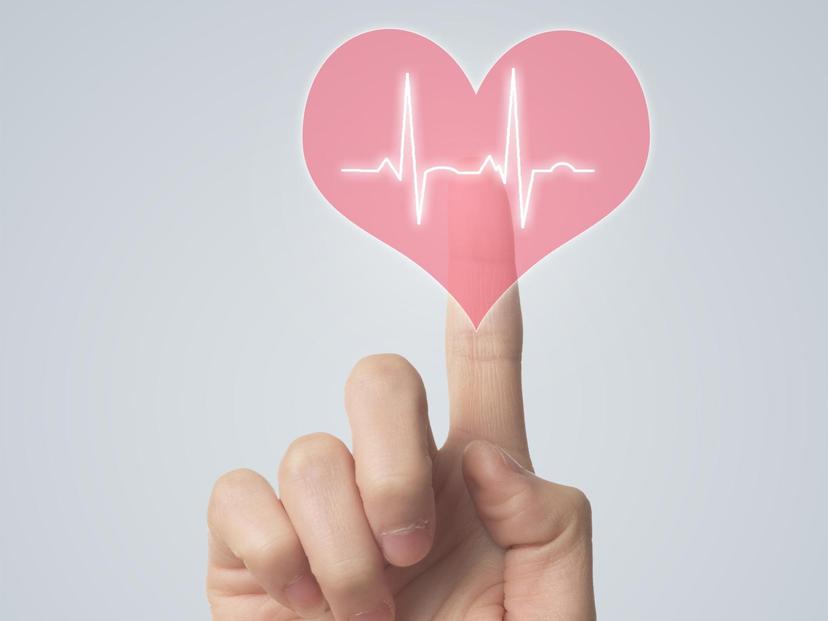24 марта 2022
I Don’t Want To: What Are the Reasons for the Loss of Libido in Women?


24 марта 2022
I Don’t Want To: What Are the Reasons for the Loss of Libido in Women?
There are both psychological and medical reasons for a decrease in libido. Let's focus on the latter because they are often easier to deal with.
## Hormones and stress
Attraction to the partner usually depends on hormonal status. Often the problem lies in a decrease in the level of the hormones [DHEA](https://ul.orna.me/KOge/librarybiomarker?id=1386) (dehydroepiandrostenedione) and [testosterone](https://ul.orna.me/KOge/librarybiomarker?id=163) (the more it is produced in the body, the higher the sexual desire and the brighter the orgasms).
Another common cause is stress as the hormone cortisol "neutralizes" progesterone. In addition to that, ===stress quickly removes vitamins B and C, which also leads to a decrease in libido.
Diet and vigorous exercise can also lead to a loss of desire. Exercise, especially after ovulation and before menstruation, is stressful for the body.
Decreased libido often occurs at the threshold of menopause: vaginal dryness leads to a subconscious fear of discomfort during intercourse.
Prolonged abstinence, paradoxically, also leads to a loss of desire. And having sex regularly does the opposite.
Finally, alcohol interferes with the absorption of vitamins and as a result, libido is also reduced.
## Diseases and medicines
Chronic and acute diseases of the cardiovascular, digestive systems, kidney, and lung pathology can cause a temporary or permanent decrease in libido.
Medicines that can affect sexual desire include:
- Beta-blockers
- Antidepressants
- Sedatives
- Diuretics
- Antihypertensive drugs
- Hormonal drugs, mainly contraceptives
## Who should you look to for help?
Contrary to popular belief, the first doctor you should contact is not a gynecologist, but an endocrinologist. Timely diagnosis and treatment of endocrine disorders—which includes lack of sexual desire in women—will help maintain health and increase desire.
If results are normal, the next step is a visit to the gynecologist. You will need to pass a basic set of tests for the most common diseases including smear, fungal and viral infections. These are often the reasons for vaginal dryness and itching.
Therefore, it is best to eliminate other possibilities—for example, thrush or chlamydia. If your age suggests an imminent onset of menopause, your doctor may recommend an ovarian examination.
If gynecological and endocrine diseases are not diagnosed, you need to worry about the natural hormonal balance. Doctors do not identify any special products that increase female libido, however, judging by the latest scientific studies, it is worth prioritizing vitamins [B1](https://ul.orna.me/KOge/librarybiomarker?id=33), [A](https://ul.orna.me/KOge/librarybiomarker?id=85), [C](https://ul.orna.me/KOge/librarybiomarker?id=50), [E](https://ul.orna.me/KOge/librarybiomarker?id=66), B2, [B6](https://ul.orna.me/KOge/librarybiomarker?id=213), B9, [B12](https://ul.orna.me/KOge/librarybiomarker?id=215), [zinc](https://ul.orna.me/KOge/librarybiomarker?id=216), and [magnesium](https://ul.orna.me/KOge/librarybiomarker?id=27) in the diet. Polyunsaturated fatty acids will also benefit the body.













